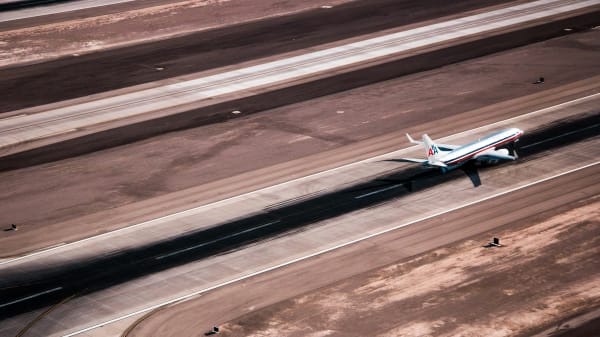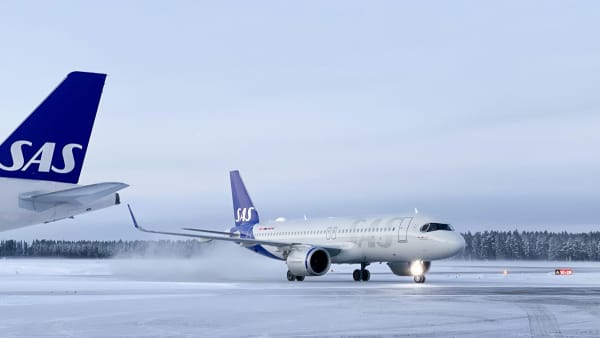How to Prepare for Advanced Pilot Training Programs
The journey of becoming a professional pilot is both thrilling and challenging, encompassing an immense breadth of knowledge and skills required to navigate complex aircraft systems. One of the key milestones in this journey is enrolling in and successfully completing Advanced Pilot Training programs. These programs, often conducted by Aviation Schools or Airlines directly, delve into the more complex aspects of piloting and are required to progress towards higher license categories such as the Airline Transport Pilot License (ATPL). What does it take to get a head start in these programs? Let's discover together.
Know Your Plan: Decide your Aviation Goals
One of the first steps in preparing for an advanced pilot training program is to have a clear vision of your future aviation career. Ask yourself:
- Do you want to fly smaller, private aircraft or do you aspire to pilot large, commercial planes?
- Are you interested in specialized roles, like being a test pilot or flying in the military?
- Are you targeting the airlines and aim to become a captain one day?
Understanding your long-term goals will help you choose the correct advanced pilot training program that aligns with your ambitions, whether it is a program that focusses more on corporate flying, Airline Multi Crew Coordination courses, or even jet orientation courses.
Knowledge is Power: Understanding the Syllabus
Advanced Pilot Training programs typically go beyond the basics of flying and delve into theory such as meteorology, aerodynamics, flight planning, and advanced aircraft systems. Gaining a conceptual understanding of these subjects prior to starting your Advanced Pilot Training is beneficial. Here are some useful starting points:
- Aerodynamics - Understand concepts such as lift, drag, stalling, and the effect of different weather conditions on the aircraft.
- Meteorology - Learn about cloud formations, weather fronts, and how to interpret meteorological charts.
- Aircraft Systems - Familiarize yourself with complex aircraft systems, such as hydraulic, pneumatic, and electrical systems.
- Air Law - A good knowledge of aviation laws and regulations will also be needed.
Physical Fitness
It might not seem important initially, but physical fitness plays a significant role in pilot performance, especially in high stress or emergency situations. Aspiring pilots should engage in regular exercise to remain fit. Specific exercises that improve core strength and enhance cardiovascular fitness are particularly beneficial.
Practice Mental Math
Quick calculations are a part of the daily routine for pilots, be it calculating fuel required, estimating time to a waypoint, or making wind corrections. Sharpening your mental math skills prior to joining an advanced pilot training program can give you a significant advantage.
Currency in Basic Flying Skills
While advanced pilot training generally focuses on complex aircraft and systems, it's important not to lose touch with the basics. Regularly practicing basic flying maneuvers, landings, and emergency procedures in a basic training aircraft will keep your flying skills honed.
Emphasize on Simulator Training
Use of Flight Simulators is a critical part of advanced pilot training. Prior exposure to simulator training can enhance your familiarity with complex aircraft systems and flight dynamics, providing you a valuable edge.
Networking
Networking with pilots who have already undergone advanced training can provide practical insights about what you can expect from the program. Join online forums and attend aviation events to meet professionals from the industry.
Ground Studies
The advanced pilot training programs generally have a significant ground-school component. Enroll in preparatory ground classes and use resources like online tutorials, practice test sites, and textbooks to build up your knowledge.
Preparing for Advanced Pilot Training involves a lot of dedication, time, and hard work. However, the journey is deeply rewarding as you sharpen your flying skills, deepen your understanding of aircraft systems, and getting closer to achieving your flying dreams. Pilots are a testament to the human spirit of exploration and achievement. As Leonardo da Vinci once famously said, "For once you have tasted flight, you will walk the earth with your eyes turned skywards, for there you have been, and there you will long to return." So start preparing now and strive for those heights!




